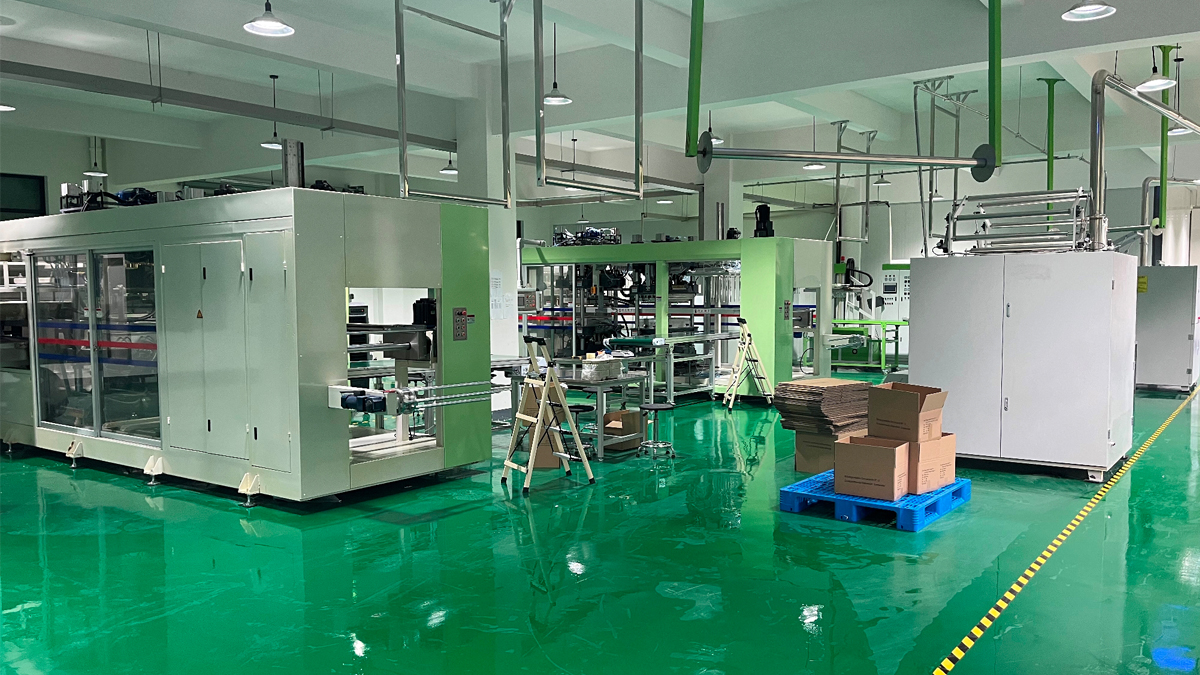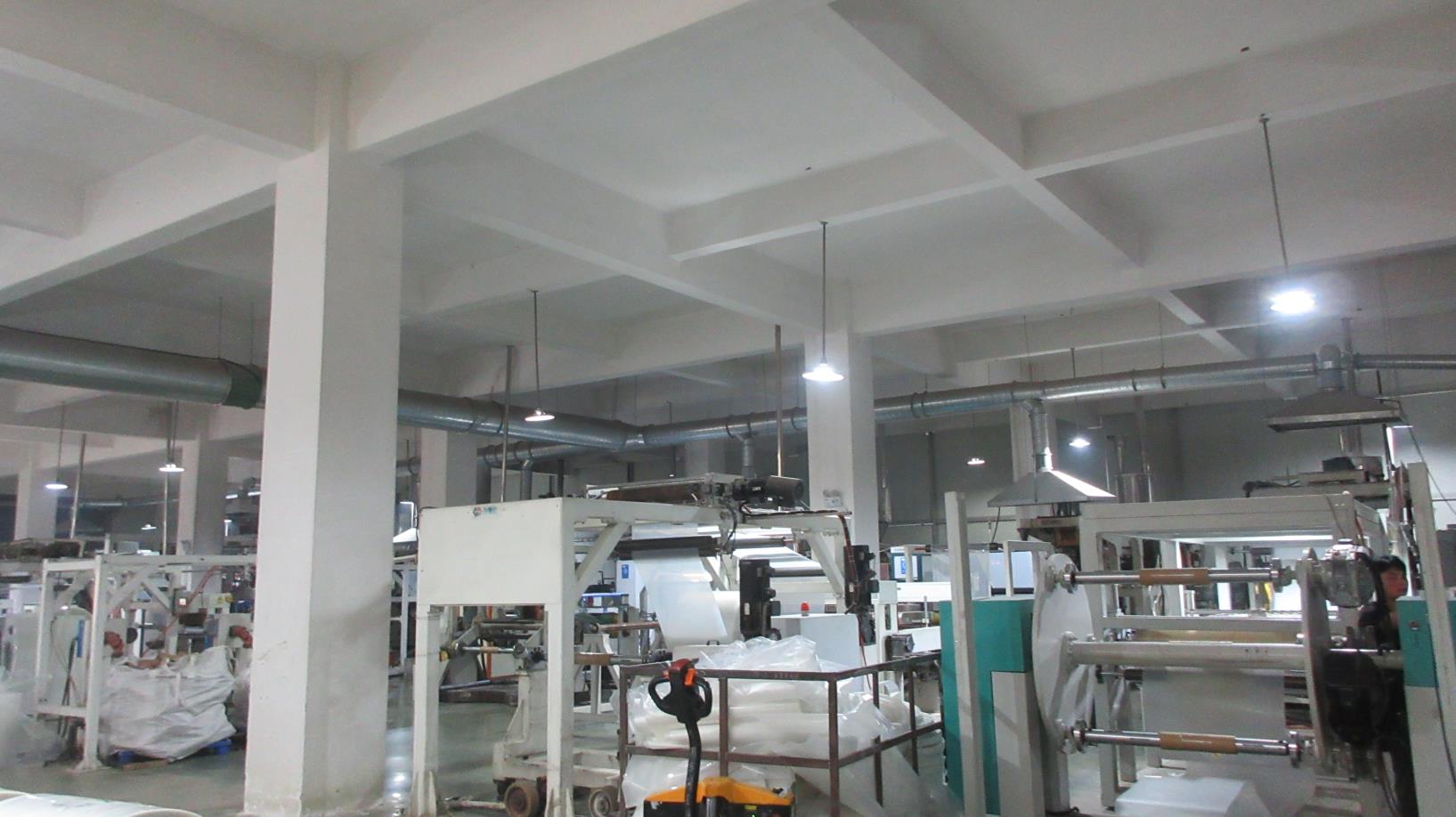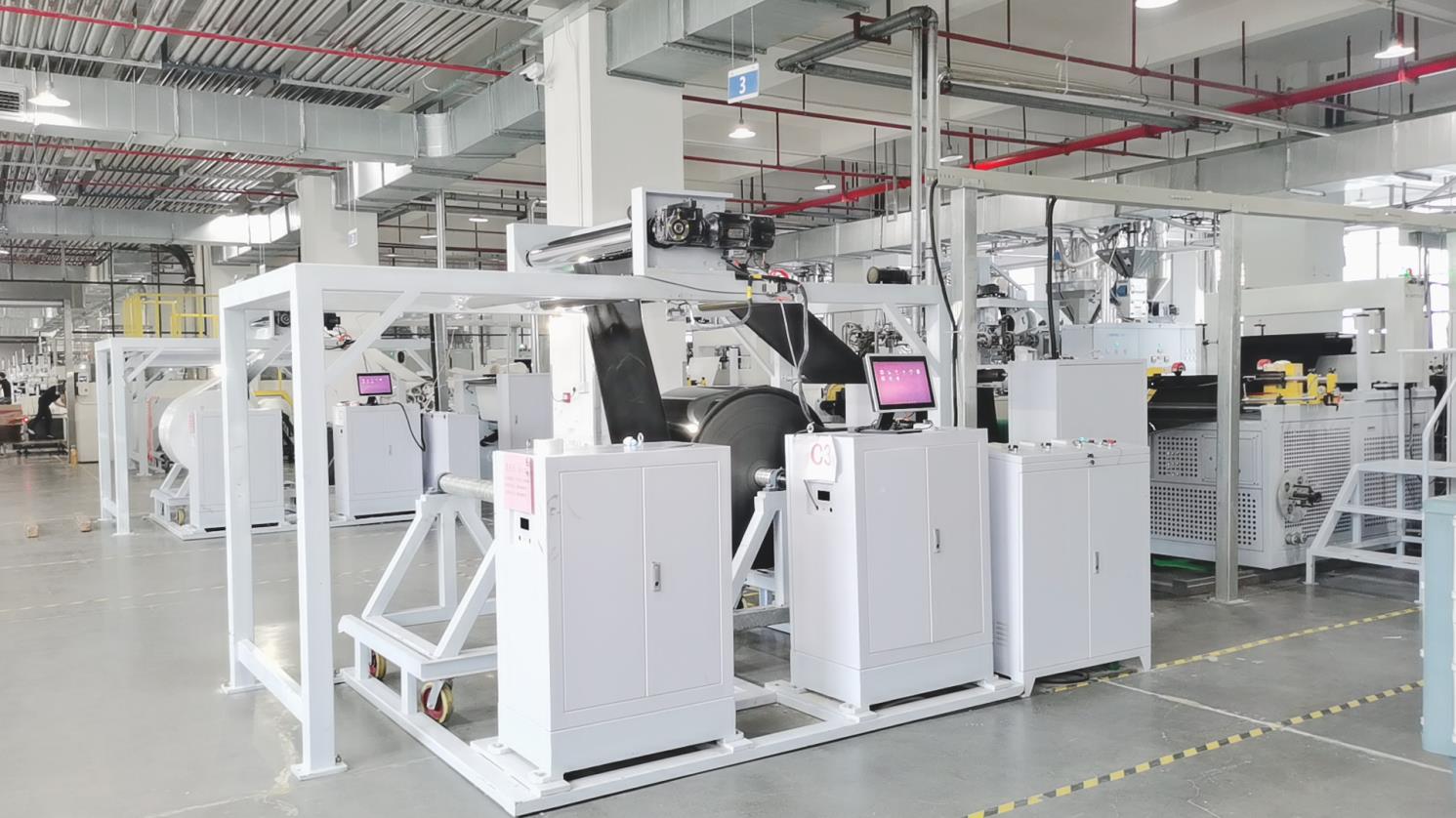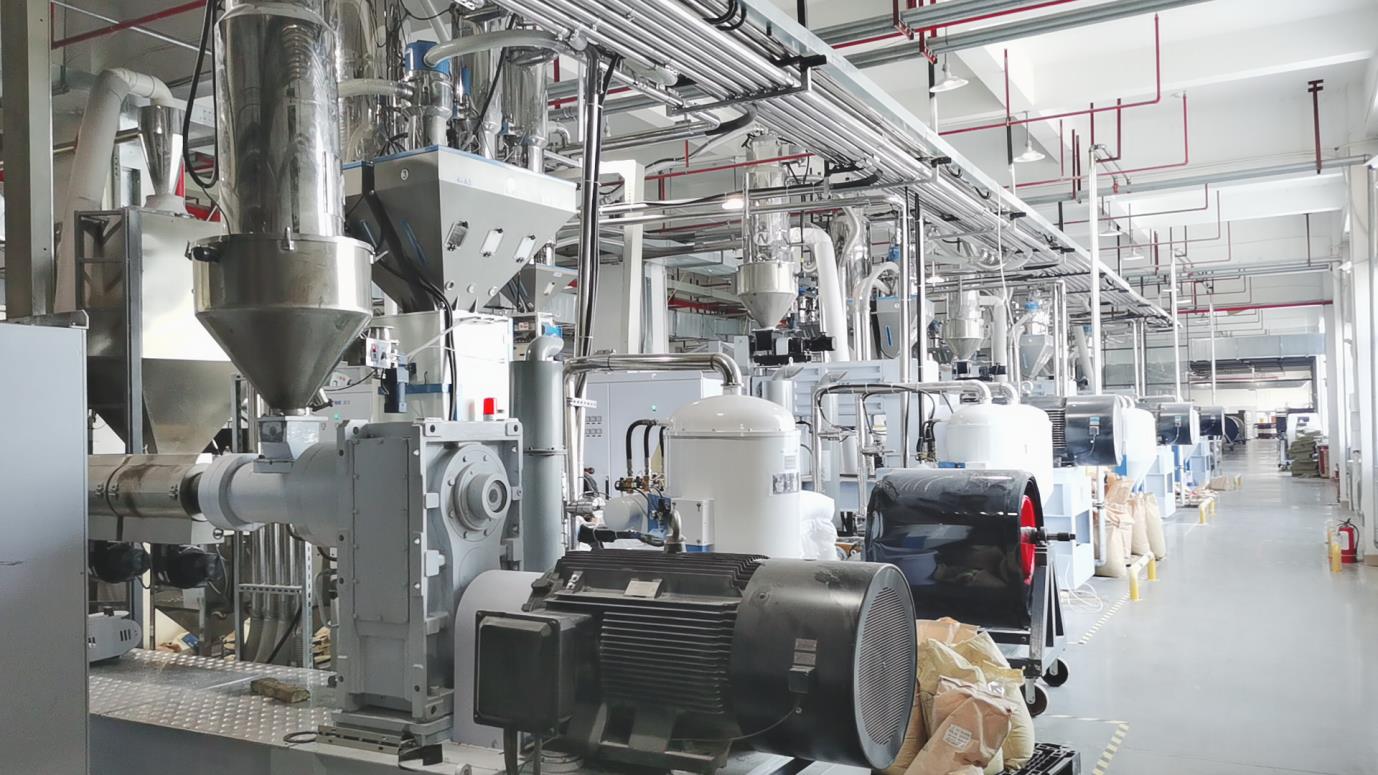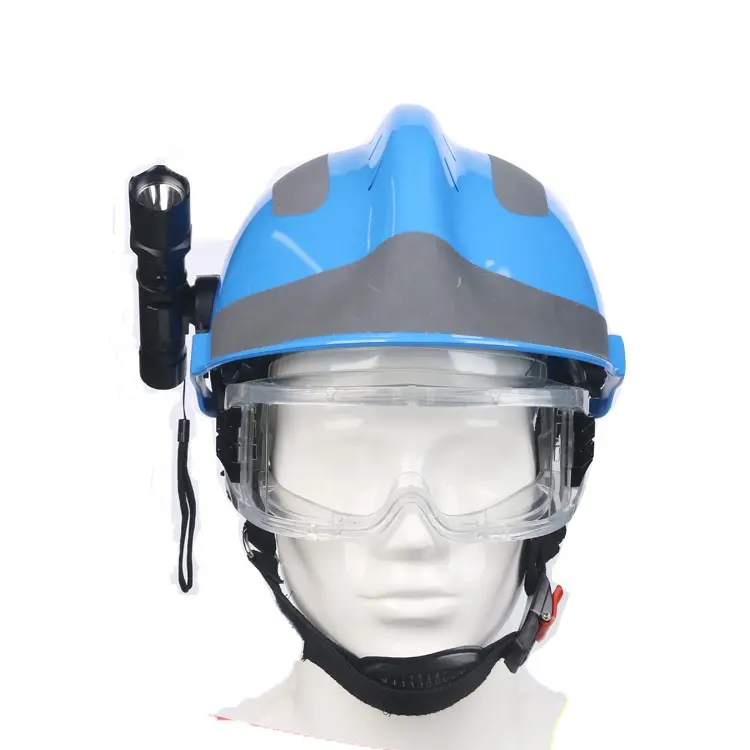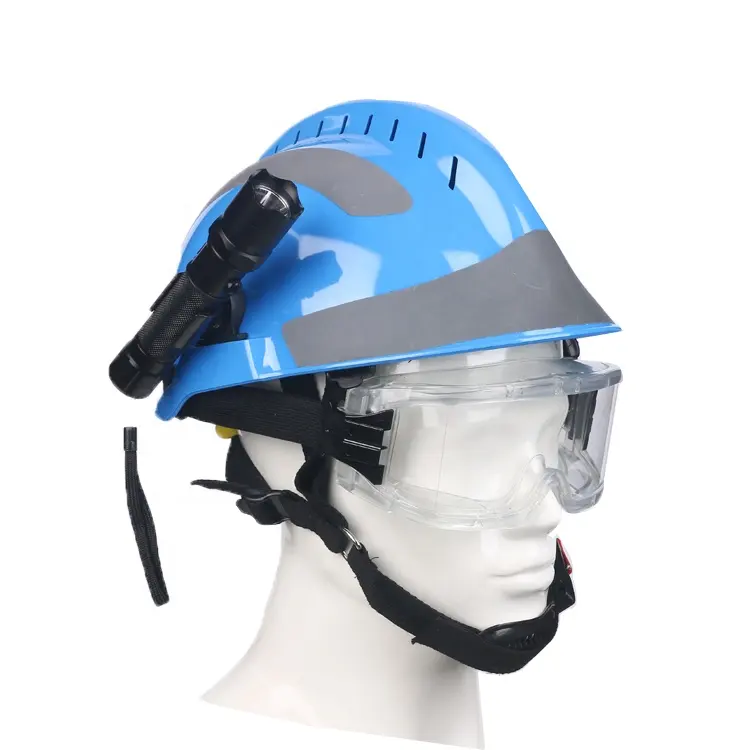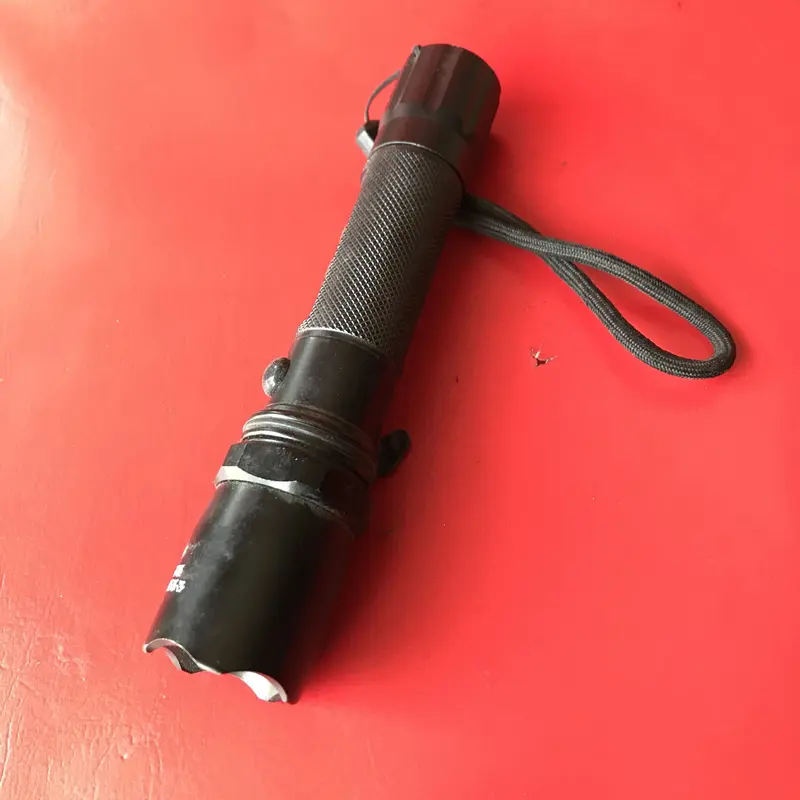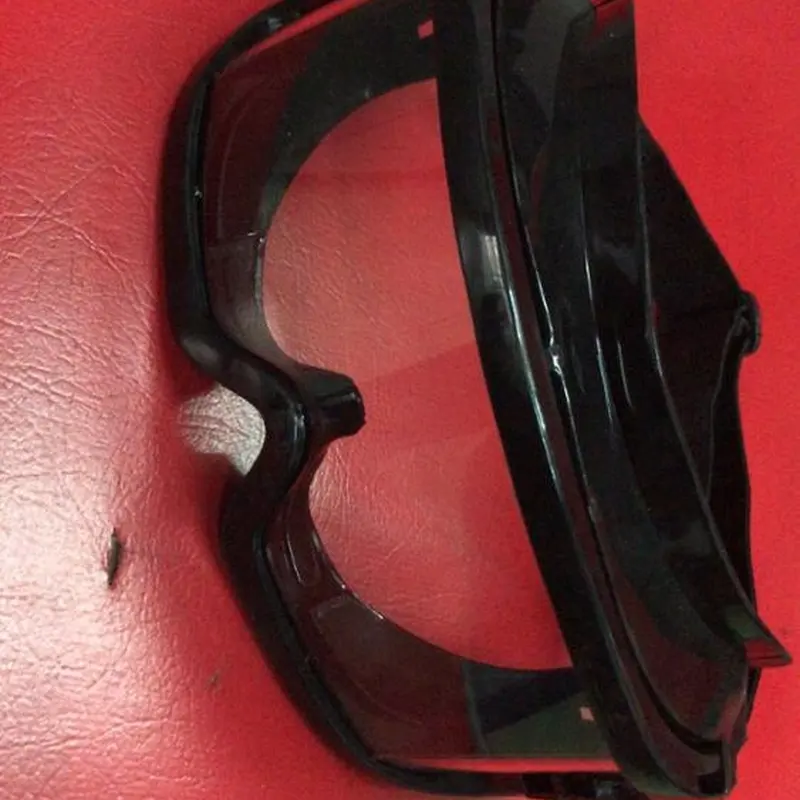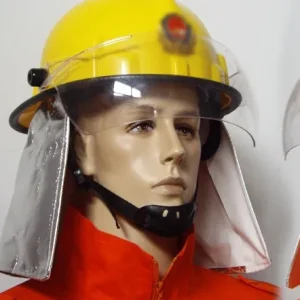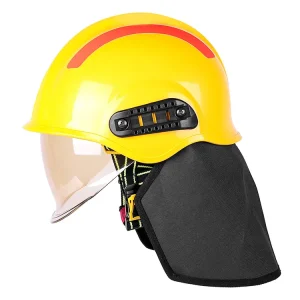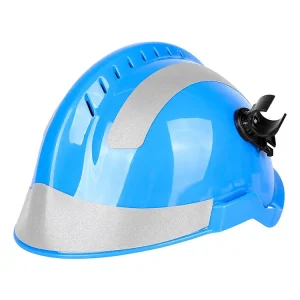A fire helmet is a specialized headgear worn by firefighters to provide protection and visibility during firefighting and rescue operations. These helmets are designed with several key features:
- Hard Outer Shell: Fire helmets have a tough outer shell made of heat-resistant materials like fiberglass or thermoplastic. This shell protects against falling debris and high-temperature environments.
- Impact-Absorbing Liner: Inside the helmet, there is an impact-absorbing liner, often made of expanded foam, which cushions the head from blows and impacts.
- Face Shield or Goggles: Many fire helmets come with an attached face shield or goggles to shield the eyes from heat, smoke, and flying debris.
- Neck and Ear Protection: Some models include a neck curtain and ear flaps to protect the neck and ears from heat and flames.
- Reflective Trim: Fire helmets often feature reflective trim or strips for increased visibility in smoky or low-light conditions.
- Chin Strap: A chin strap keeps the helmet securely in place during firefighting activities.
- Front Shield: The front shield of the helmet may include a badge or station number to identify the firefighter.
- Safety Standards: Fire helmets must meet safety standards set by organizations such as the National Fire Protection Association (NFPA) to ensure their effectiveness.
These helmets are a vital component of a firefighter’s personal protective equipment (PPE), along with turnout gear, self-contained breathing apparatus (SCBA), and other specialized gear. Fire helmets play a crucial role in safeguarding firefighters’ heads from falling objects, heat, and smoke, making them an essential tool for their safety and effectiveness in firefighting and rescue missions.
